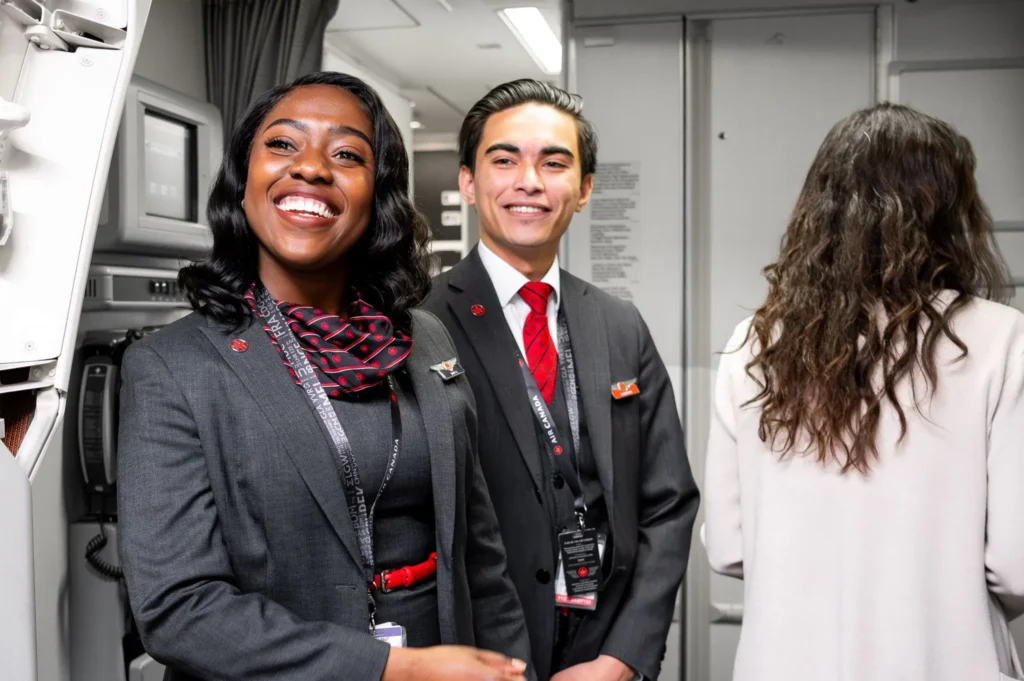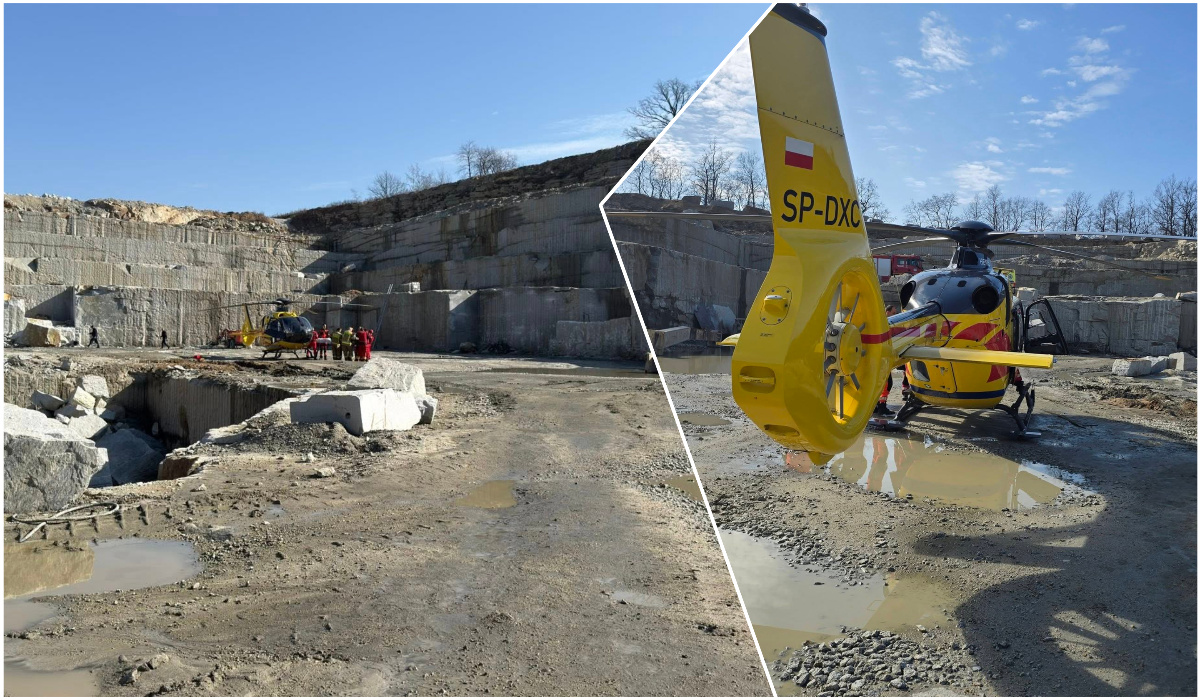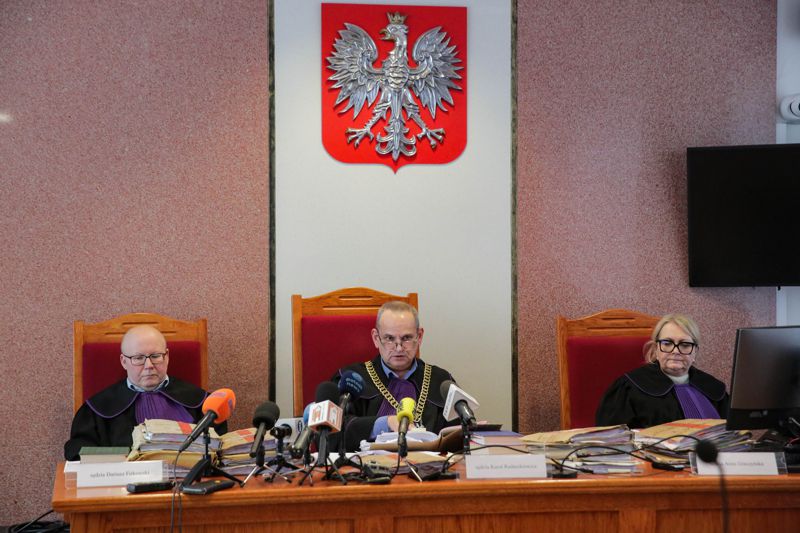
MONTREAL– Air Canada (AC) faces severe disruption as more than 10,000 flight attendants represented by CUPE continue strike action despite an official government order to halt the walkout.
The strike, which began on Saturday, has paralyzed the airline’s network through Toronto Pearson (YYZ), Vancouver (YVR), and Montréal-Trudeau (YUL), leaving hundreds of thousands of travelers stranded.
The Canadian Industrial Relations Board (CIRB) directed CUPE to end what it has labelled an “illegal strike” and instructed members to return to work immediately. However, the union has refused, escalating tensions between the airline, the government, and employees.
 Photo: Air Canada
Photo: Air CanadaAir Canada Attendants Strike
The CIRB issued its first order in the early hours of Sunday after a request from Minister of Jobs and Families, Patty Hajdu.
Acting under Section 107 of the Canadian Labour Code, the minister moved to protect essential travel services by compelling the two sides to enter into binding arbitration. Despite this directive, CUPE rejected the order outright.
By Monday, the board demanded CUPE publish a statement confirming the strike was over and notify members to resume duties by noon. That deadline passed without compliance. Instead, CUPE’s local branch posted a public statement on its official social media account, declaring that it would not back down.
The strike has left an estimated half a million passengers stranded across Canada and internationally. Air Canada had initially hoped to resume partial operations Sunday evening, but without crew available to staff flights, schedules remain at a near standstill.
Major hubs such as Toronto (YYZ), Vancouver (YVR), and Montréal (YUL) have seen widespread cancellations, with ripple effects across North America and transatlantic routes.
Travelers have been left with few options, as the scale of the disruption far exceeds the airline’s ability to rebook passengers quickly. Some stranded travelers have resorted to booking with other carriers, while others are waiting indefinitely for updates.
 Photo: Air Canada
Photo: Air CanadaDispute Over Pay and Contract Terms
The strike was triggered after the union rejected Air Canada’s latest wage proposal. The offer included an 8% pay rise in the first year, followed by incremental increases that Air Canada said would total a 17% increase in real terms over the life of the contract.
CUPE disputes this claim, arguing that inflation since the last agreement took effect has eroded much of the proposed raise, making the deal inadequate.
Negotiations reached a deadlock last week, with Air Canada calling on CUPE to accept binding arbitration. When the union refused, the airline appealed to the federal government for intervention.
CUPE, meanwhile, insists the carrier must return to direct negotiations and present a deal that flight attendants can vote on.
 Photo: OFL Communications Department | Flickr
Photo: OFL Communications Department | FlickrWhat Happens Next
At present, neither side shows signs of compromise. Air Canada has ruled out fresh talks, maintaining its stance that arbitration is the only viable path forward. CUPE continues to demand a return to the negotiating table, defying government orders in the process.
The government’s response will likely be decisive. If further enforcement measures are taken, CUPE could face significant penalties for defying the CIRB. However, if pressure mounts on Air Canada to resume talks, the stalemate may shift back toward negotiation.
For now, passengers remain caught in the middle of an escalating labor dispute with no clear resolution in sight.
Stay tuned with us. Further, follow us on social media for the latest updates.
Join us on Telegram Group for the Latest Aviation Updates. Subsequently, follow us on Google News
Air Canada Suspends Staff Travel Ahead of Flight Attendant Strike
The post Air Canada Flight Attendants Strike Refuse Government Order appeared first on Aviation A2Z.





![The most crucial conflict of this war will take place in the Strait of Hormuz [Piekarski]](https://cdn.oko.press/cdn-cgi/image/trim=84;0;90;0,width=1200,quality=75/https://cdn.oko.press/2026/03/AFP__20260217__97WL4GM__v1__MidRes__IranUsConflictIrgcDrills.jpg)












